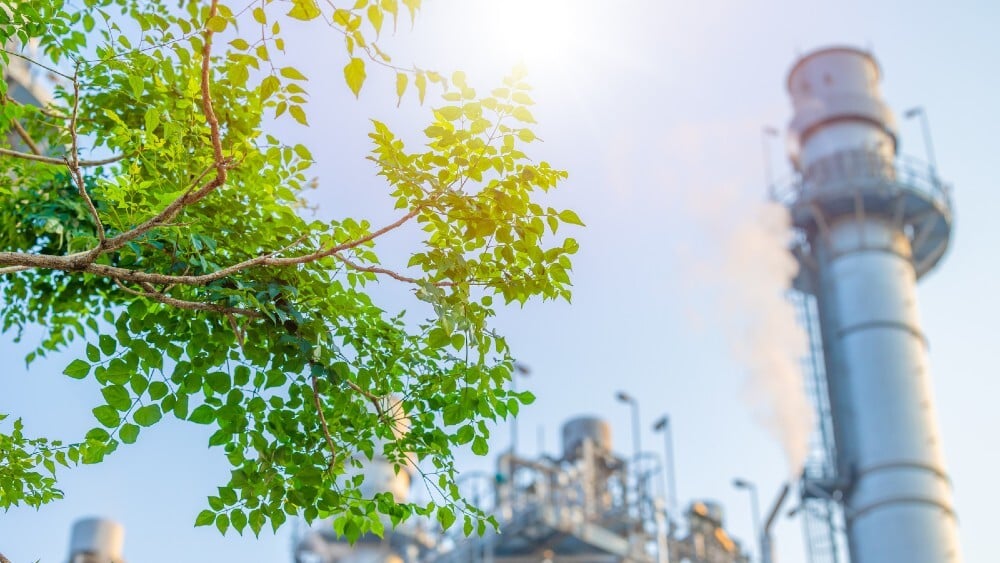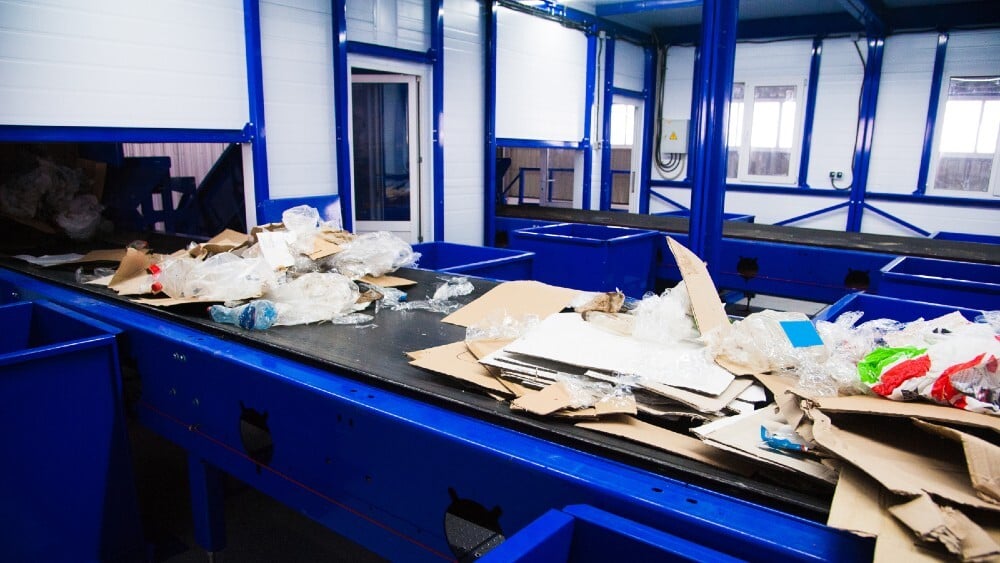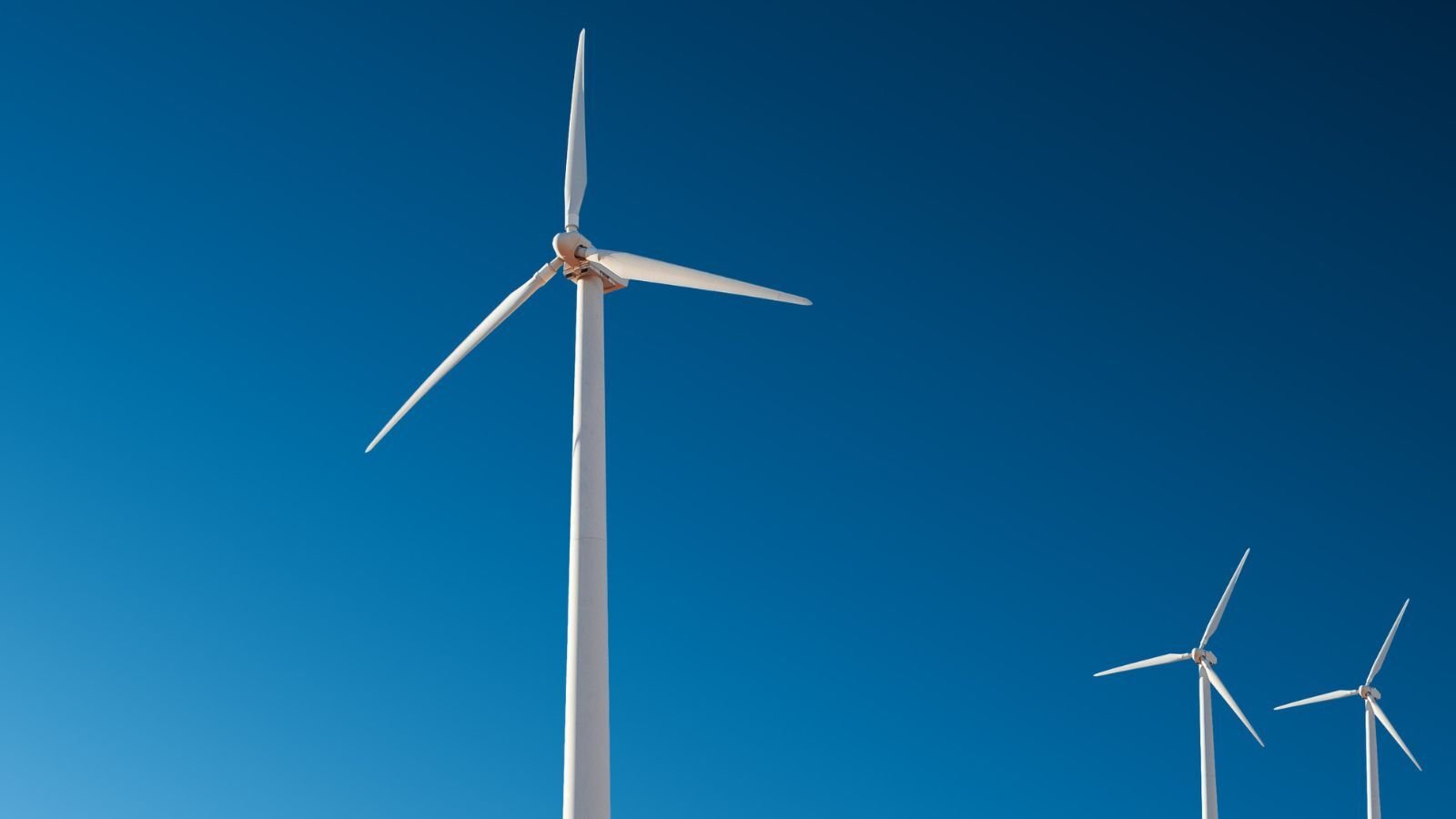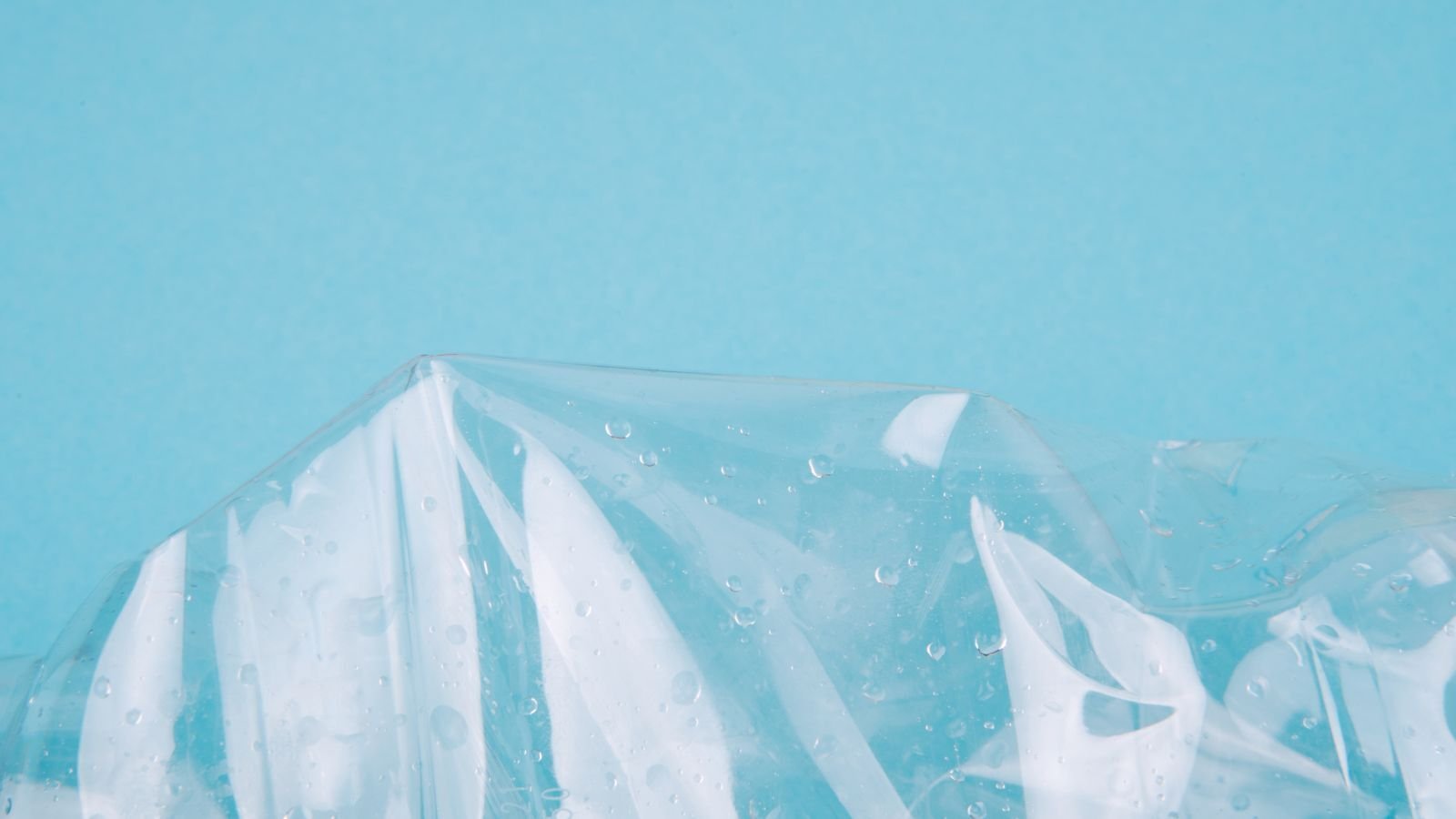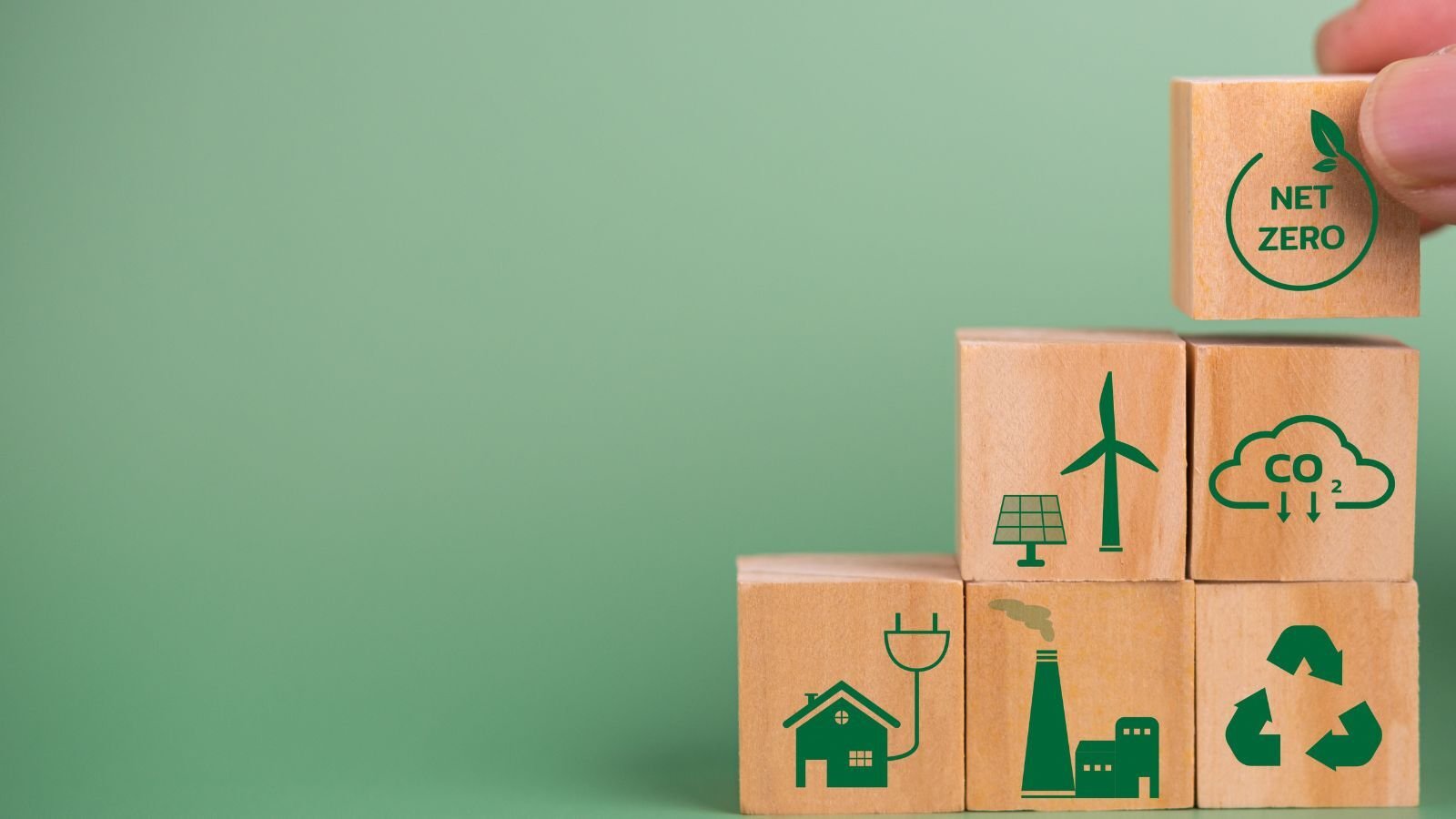Last Updated NOVEMBER 2022
What our decarbonisation journey means for your business
We are committed to investing in renewable energy and leading the way to decarbonise our manufacturing operations across the UK. A significant step forward in that journey has been met through the opening of a new onshore wind farm, in South Lanarkshire, Scotland.
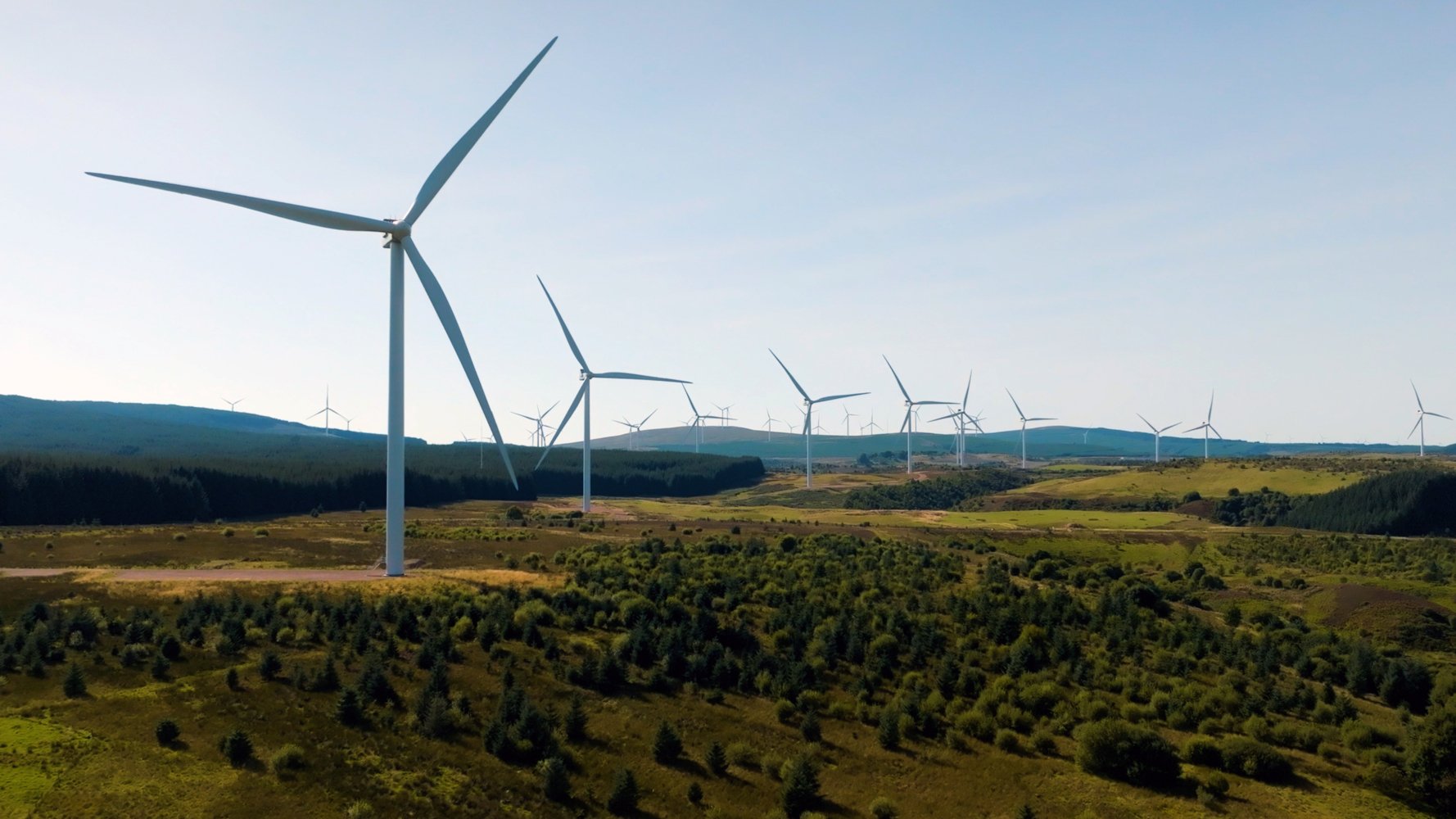
We are committed to investing in renewable energy and leading the way to decarbonise our manufacturing operations across the UK. A significant step forward in that journey has been met through the opening of a new onshore wind farm, in South Lanarkshire, Scotland.
Working with Octopus Renewables Infrastructure Trust through a collaborative Power Purchase Agreement (PPA), we have agreed to purchase the energy generated by the new wind farm. The farm will supply around 160,000 megawatt hours (MWh) of clean energy every year, enough to supply 80% of our electrical power needs in the UK. This includes our manufacturing facility in Flint, Wales, where we produce more than 185 million Scott® toilet rolls and 30 million rolls of WypAll® wipers each year for the European market.
All products manufactured in our UK mill are now made using 80% renewable electrical energy supplied by the 12 wind-turbines in Scotland.
Crucially, the PPA will cut our total UK Scope 2 GHGs by 55,625 million tonnes CO2e a year – the equivalent of taking 38,628 passenger vehicles off the road every year. We stipulate that all of the PPAs we sign are adding new clean energy generation to the grid, known as additionality, and that the projects are able to proceed thanks to our involvement.
The race to Net-zero
The continuing and intensifying impacts of Climate Change will be felt across all sectors of the economy and society globally.
The headline for businesses is that they need to transition to renewable energy to be in line with governments targets and legislation. The EU and the UK government have enshrined in law the achievement of net-zero emissions by 2050.
Solutions are available for many of the emissions found in Scopes 1 (direct emissions) and 2 (indirect emissions). These include moving to electric vehicles and switching electricity provider to a renewable source.
However, for most businesses, Scope 3 emissions account for more than 70% of their carbon footprint. These indirect emissions exist along a company’s supply chain, and account for how something is made, used, and disposed of - these are less easy to control.
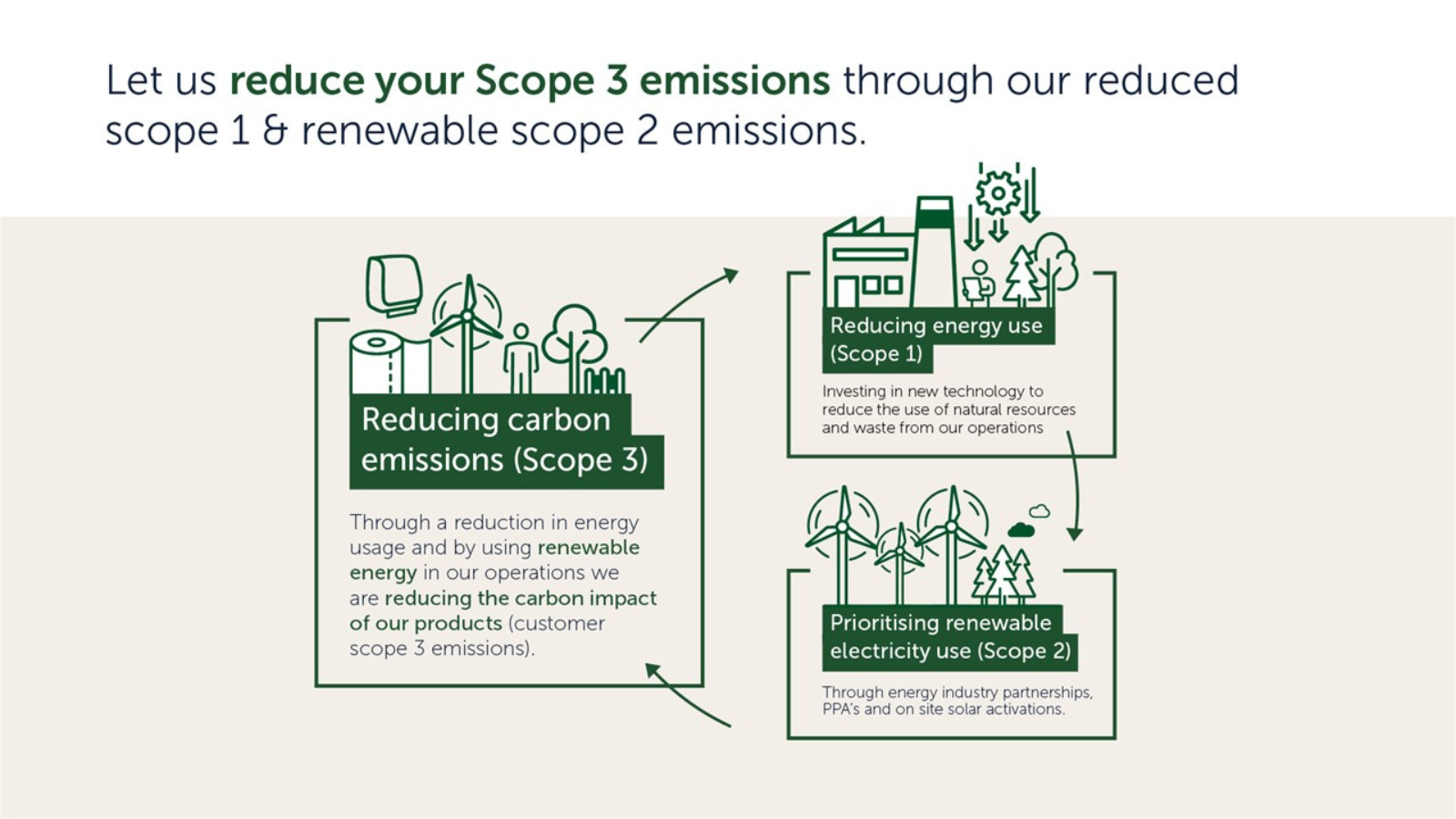
Take action today
We would love to partner with you and support your decarbonisation journey, finding the best solutions for your business. Interested? Take the next step now:




